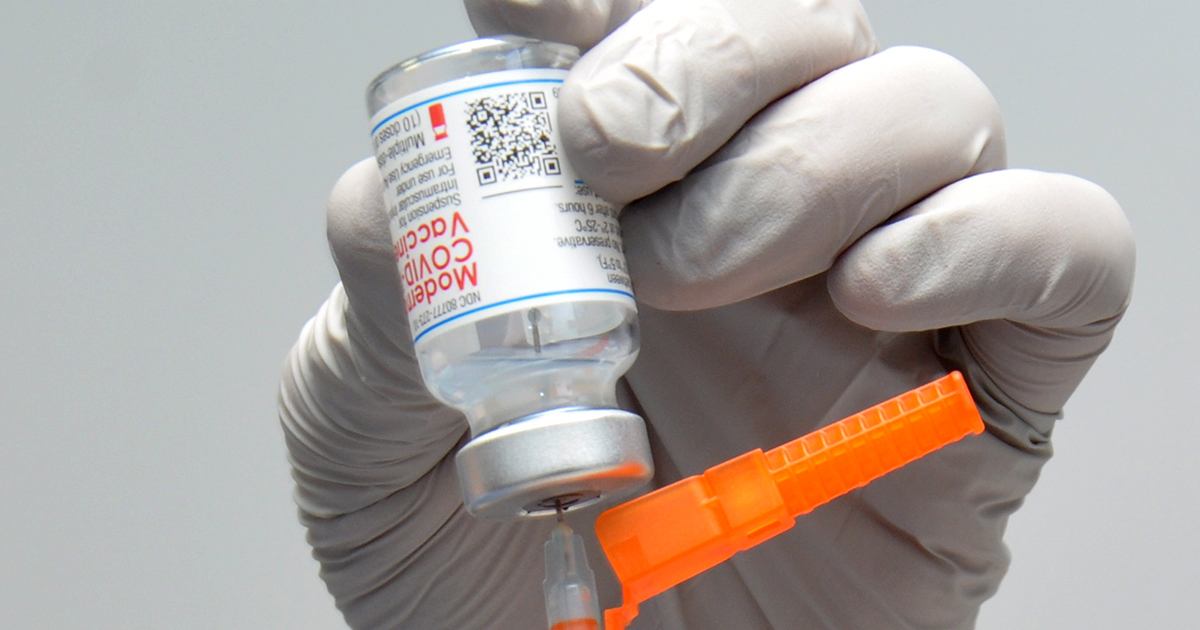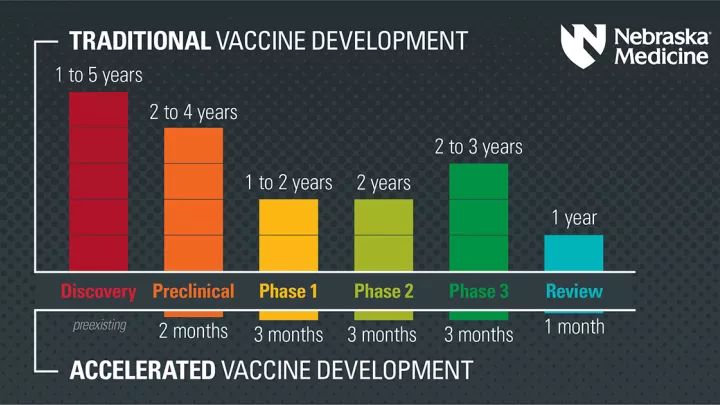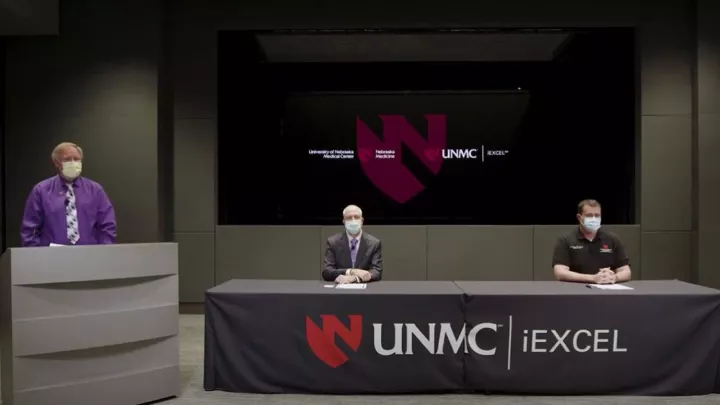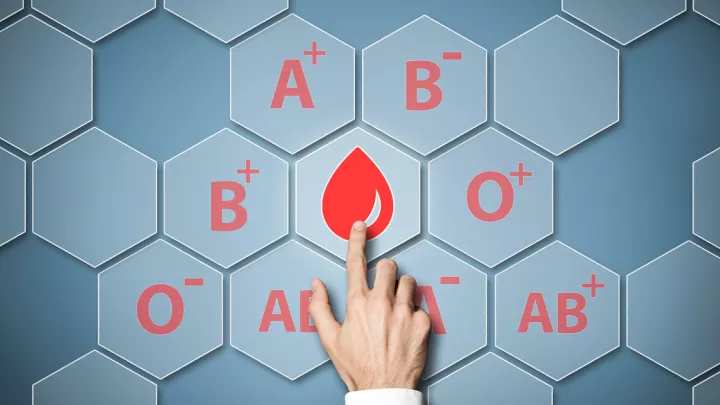Why distributing COVID-19 vaccines is tricky, from a pharmacist’s perspective

People are eager to get the COVID-19 vaccines, for good reason. Some are wondering why it's taking so long. Shouldn't vaccines given to the county or state be able to be administered right away? Not so fast.
Storage limitations. Not everyone has access to a -70° C freezer, which is how cold the Pfizer vaccine should be stored. The storage limitations also affect how the vaccines can be transported. "The vaccines should be transported in a cooler on ice, prior to dilution," says Clinical Pharmacy Manager Colleen Malashock, PharmD. At scale, when you have to transport a few hundred doses from a freezer to a vaccination clinic, that means you need to have that kind of cold-storage transporting power.
Dilution. A trained professional must be on site to dilute the vaccines to ensure the right amount goes into each needle. Moderna has 10 doses per vial. Pfizer has six doses per vial, or seven with the right syringe and a practiced pharmacist. "It takes some skill to get the seventh dose, and it depends on the needle size we use as well," says Dr. Malashock. The Pfizer vaccine originally was thought to contain just five doses per vial, so these extra doses are extending supply.
Double dose logistics. People need two doses of the two approved vaccines. Each vaccination is scheduled as a separate event. Each clinic needs to keep track of not only their supply for the day, but also what they'll need three or four weeks from that day for second doses.
Reporting. The people running the clinic record how many doses were taken from each vial, along with the names and demographics of who received each vaccination. Dr. Malashock says, "We must give an updated report to Nebraska State Immunization Information System every 24 hours." You can see updated statistics in dashboards like the Nebraska COVID-19 Vaccinations.
Unexpected cancellations. Sometimes people can't make it to an appointment for whatever reason, leaving extra unexpected doses. "The end of clinic gets tricky," says Dr. Malashock. "These vaccines are like liquid gold, so we want to administer every dose possible."
As time goes by, more of these logistical challenges will be overcome. Part of the issue is manufacturing the vaccines at scale. Pfizer is aiming to cut the time to produce a vaccine batch by nearly half, which would considerably speed up vaccine production.







